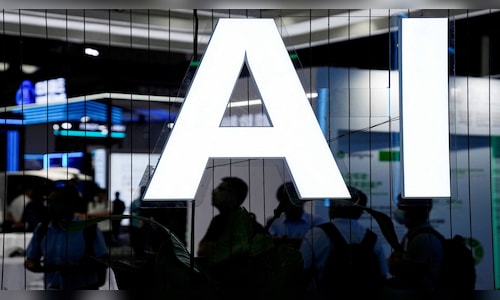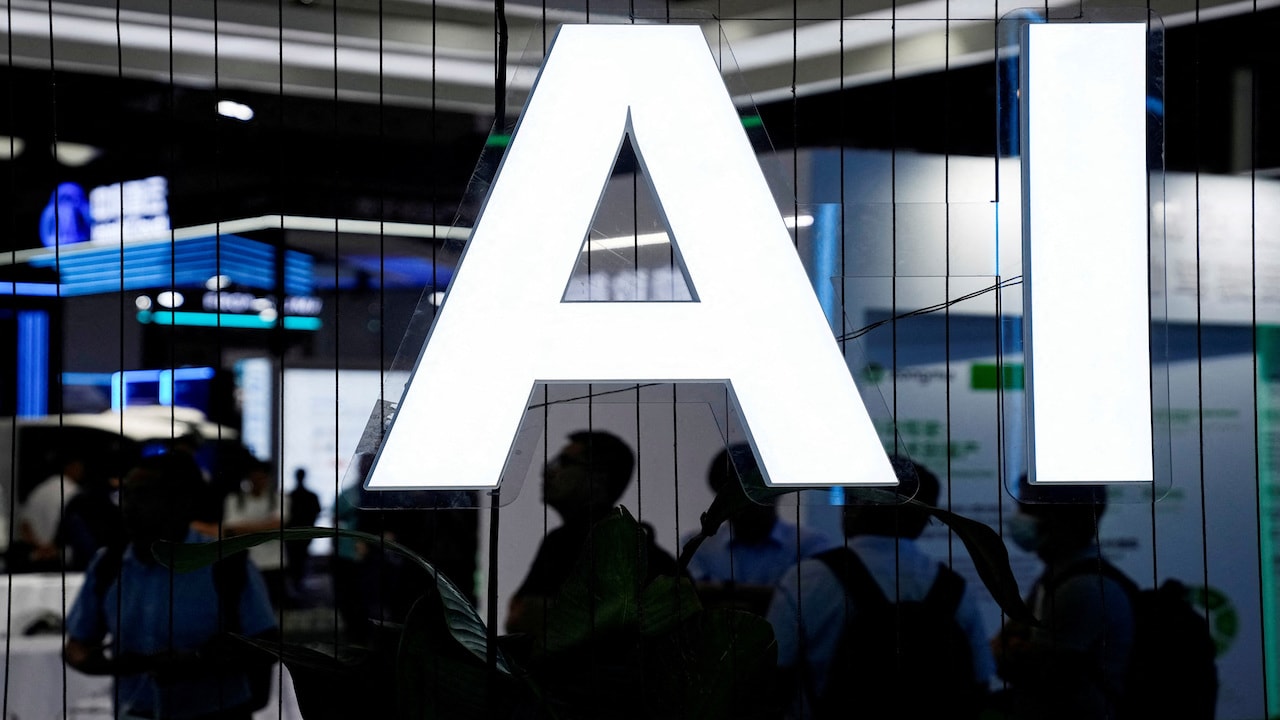

However, the report also predicts that 92 million jobs will be lost, making for a net increase of 78 million positions.
The job growth is expected to be the strongest in the care, education, technology, and renewable energy sectors, while traditional roles are likely to shrink due to automation and technological advances.
The key drivers of these changes include advancements in technology, demographic shifts, economic pressures, and the global transition to green energy.
According to the report, Artificial intelligence (AI) will be a major factor driving these shifts, with 50% of employers planning to leverage AI for new opportunities. However, 41% of companies also anticipate workforce reductions as a result of automation.
Despite this, sectors like technology, data, AI, and renewable energy will experience rapid job growth. However, essential frontline roles such as care workers, farmworkers, delivery drivers, and educators are also expected to see significant demand.
At the same time, jobs in sectors such as graphic design and administrative assistance are on the decline, as automation and AI reshape the labour market.
Despite the promising growth, the report stresses the urgent need for upskilling to address the growing skills gap, highlighting the rising demand for both technical and human skills.
Nearly 40% of the skills required for jobs by 2030 will be new or evolving, with workers needing a combination of technological expertise and human skills such as resilience, leadership, cognitive skills, and creativity.
The WEF emphasises the critical need for reskilling and upskilling initiatives, as 59% of the global workforce will need training to meet future job demands. The report further highlighted that nearly 60% of the global workforce will need reskilling or upskilling by 2030.
With the rise of AI, many employers are focusing on upskilling their existing workforce, although 41% plan to reduce their staff due to automation. As businesses adapt to AI and other technological shifts, workers will need to transition into roles that are less vulnerable to automation.
The report also highlighted that geopolitical tensions, economic challenges, and demographic shifts are reshaping labour markets. As the global workforce adapts to these changes, collective action from businesses, governments, and educational institutions is critical to ensuring a resilient and adaptable workforce.
“Trends such as generative AI and rapid technological shifts are upending industries and labour markets, creating both unprecedented opportunities and profound risks,” said Till Leopold, Head of Work, Wages and Job Creation, WEF. “The time is now for businesses and governments to work together, invest in skills and build an equitable and resilient global workforce.”
Here are the top 10 fastest-growing skills by 2030:
| Rank | Skill |
|---|---|
| 1 | AI and Big Data |
| 2 | Networks and Cybersecurity |
| 3 | Technological Literacy |
| 4 | Creative Thinking |
| 5 | Resilience, Flexibility, and Agility |
| 6 | Curiosity and Lifelong Learning |
| 7 | Leadership and Social Influence |
| 8 | Talent Management |
| 9 | Analytical Thinking |
| 10 | Environmental Stewardship |



